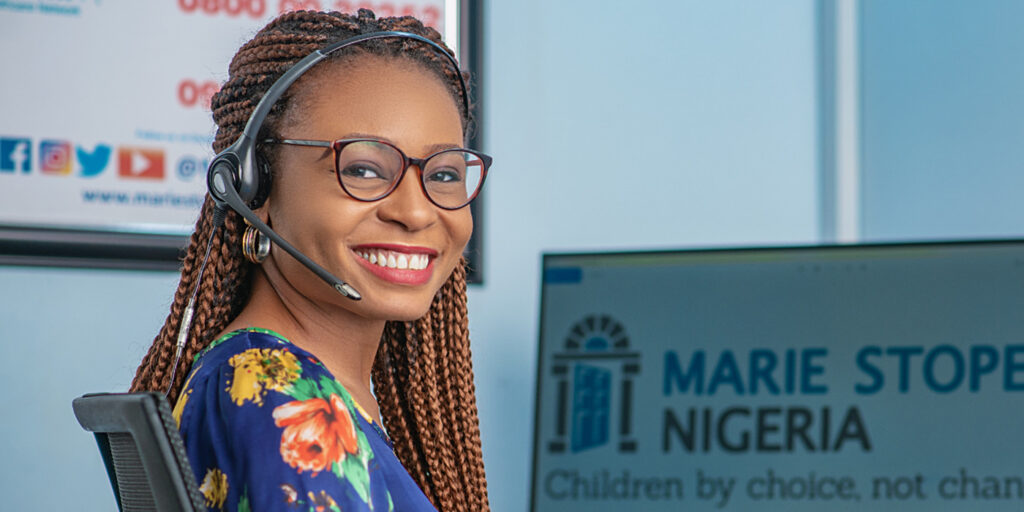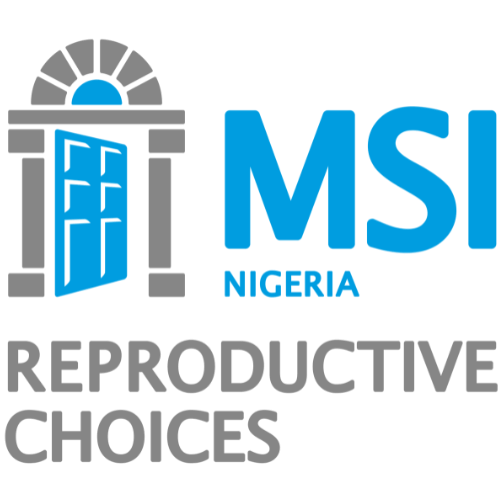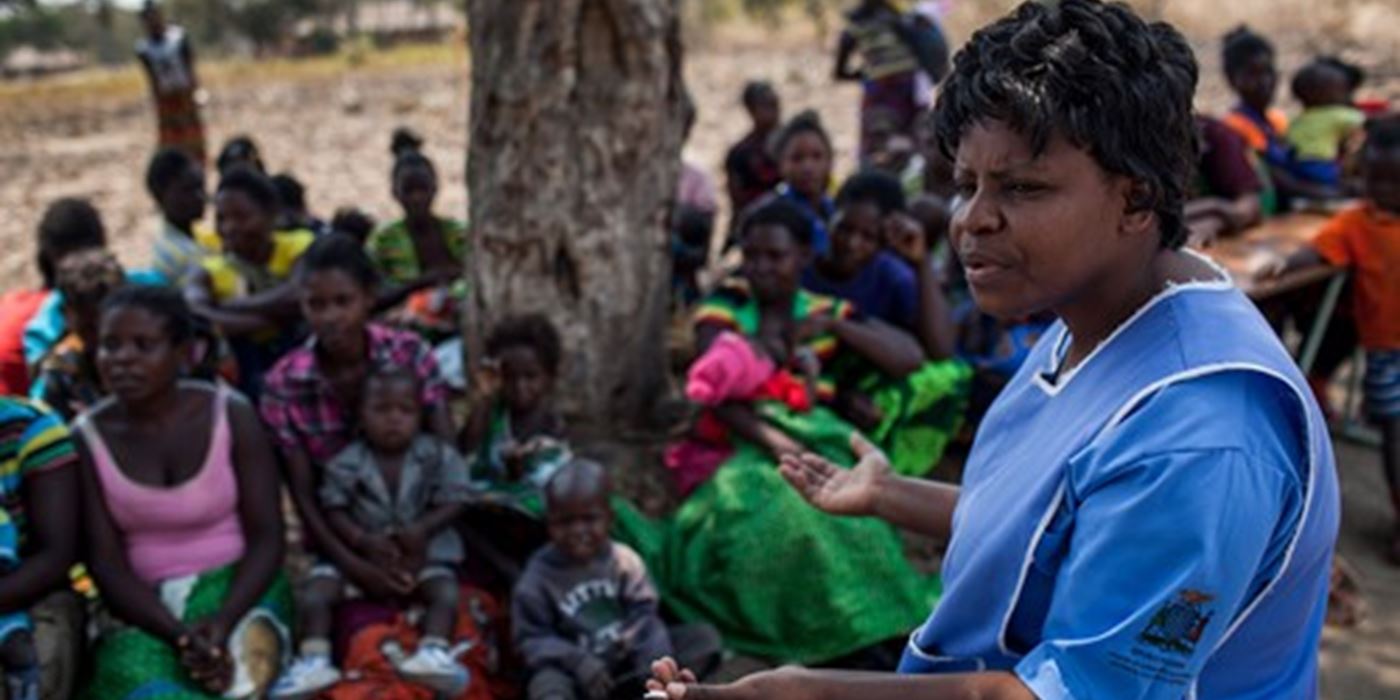
Contraception: the Precursor to Women’s Empowerment
Chinasa Nwadiuto was a 15-year old girl from Orodo in Mbaitolu Local Government Area of Imo State. Upon graduation from secondary school, she had dreams of gaining admission into the School of Nursing at Emekuku, in Owerri just like her aunty who is her role model.
Like many young girls her age, she is sexually active. Having no access to quality sexual health information, Chinasa depended on advice from her uninformed peers to prevent and terminate an unplanned pregnancy. Pregnant for the 2nd time, she visited her quack provider to have the pregnancy terminated. This time, something went wrong and Chinasa died from complications of unsafe abortion.
Chinasa represents many girls and women facing risks of unplanned pregnancy and to which some like Chinasa have paid with their lives. The Guttmacher Institute reported in 2015 that annually over 1.2 million abortions take place in Nigeria. More than six out of ten of these abortions are considered unsafe, performed by quacks in unhygienic environments. The report noted the desire for smaller families and none use of contraception as the underlying reasons for procuring an abortion.
A lot of sexually active Nigerian women and girls desiring contraception do not get it because of high unmet need. A review of the family planning demand and the satisfaction level for married and unmarried women and adolescent girls indicate a gap, especially for the unmarried and adolescent. In 2018 Nigeria Demographic Health Survey (NDHS), reported demand for family planning among married women to be 35.5% of which 18.9% are unmet. Among sexually active unmarried women, the demand was more than double at 85.5% but 48.4% were unmet. Even a higher demand was reported among adolescents aged 15 to 19 years which is at 93.9% but more than half of this demand 65.6% were unmet.
Despite the demand for contraception being highest among adolescents and high risks of complications associated with an unplanned pregnancy such as loss of education, stigma from family and society and possible death; adolescents girls had the least served with contraception.
Every year, 41% of girls who start secondary education in Nigeria does not complete it. They drop out of school for reasons that include teenage pregnancy and child marriage. With improved access to contraception, the girl child who dropped out of school could stay longer and get an education.
Contraception as a basic right for women and adolescent girls is globally accepted. The realisation of this right by women and girls holds is beneficial for their overall success in life
A woman’s ability to control if, when and the number of children to have is an important aspect of women’s empowerment. Women who can plan the timing and number of their births have greater opportunities for work, education, and social participation outside the home. They are more productive and can contribute to the national Gross Domestic Product (GDP).
A 2009 study by Bloom and colleagues found that each birth on average reduces a reproductive woman’s lifetime labour supply by almost two years.
Family planning in Nigeria has seen some increased interventions in the last 10 years. The focus of the government has been on increasing the contraceptive prevalence rate in the country from an initial value of 10% in 2012 to a target of 36% by 2020. Also, the national government renewed its FP2020 commitments and promised free access to contraceptive commodities.
Furthermore, with support from partners, the government is expanding the training of providers across states and equipping them for service provision. Government’s approval of several policy guidelines including the task shifting, task sharing policy is expanding access to family planning and other essential health services in rural Nigeria.
Given the inherent benefits of contraception for women’s health and empowerment, a lot more needs to be done to remove barriers that limit the uptake of sexual and reproductive health services. This will include addressing funding and commodity supply gaps; provider bias and inequity in care provision, addressing cultural and religious norms that stigmatize and limit service uptake. Greater investment in strengthening awareness of family planning in communities through coordinated social behaviour change communication to facilitate acceptance of family planning through changes in knowledge, attitudes, norms, beliefs and behaviours is required.
At grass root, provision of contraceptive information to ensure that all females needing contraception have the knowledge to seek and utilize contraceptive products and services is required. These will provide the right social support system that allows women and adolescent girls to make the voluntary decision for family planning and receive social support to uptake service.
Controlling whether or when to have children is an essential aspect of women’s empowerment. Hence the call on government and all stakeholders to invest in universal access to
contraception. In 2013, the Global Partnership for Maternal and Child Health (PMNCH) reported that ‘” a reduction in fertility of one child per woman in Nigeria would lead to a 13% increase in GDP per capita in 20 years, and 25% in 50 years. They estimate that US$ 1.40 is saved on maternal and newborn health care for every dollar invested in family planning and another US$ 4 is saved on treating complications of unplanned pregnancies.”
Similarly, The Guttmacher Institute published in their April 2019 fact sheet that if all unmet need for modern contraception in Nigeria were satisfied, unintended pregnancies would drop by 77%, from 2.5 million to 555,000 per year. As a result, the annual number of unplanned births would decrease from 885,000 to 200,000 and the number of abortions would drop from 1.3 million to 287,000. These would have huge health and economic gains.
If the full provision of modern contraception were combined with adequate care for all pregnant women and their new-borns, maternal deaths would drop by 68% from 61,000 to 19,000 per year; and new-born deaths would drop by 85% from 255,000 to 38,000 per year.
To achieve universal access to contraception, interventions that:
- Promote active male participation in family planning.
- Increase community acceptance of family planning.
- Address the religious interpretation of family planning and
- Increase demand and youth reach including reach for persons with disability are essential to galvanise needed community support and ownership necessary to support family planning programming and policy interventions by government and civil society.
As an organization, Marie Stopes Nigeria has promoted equal opportunity for women through the provision of contraceptive services and advocacy for women’s empowerment to have children by choice and not chance. By giving women choice, the organisation has enabled them to keep their dreams and aspirations alive, to stay healthy and rise above poverty.
In 2019 MSION reached over 2 million women with quality family planning services. This translates to 2.1 million unintended pregnancies prevented. These services prevented 66,761 child deaths and 13,577 maternal deaths and saved £119.8million in direct healthcare cost. By preventing these unintended pregnancies, the beneficiaries have greater opportunities to participate actively in society, in the workplace and contribute productivity and national development.
Access to family planning is the right of every woman and girl, it is not a privilege. Civil society organisations, the government and the Nigerian community have a responsibility to support women’s right to contraception. The right of a woman to pursue an education and career must not be cut off because of unplanned and unintended pregnancies when the solution ‘contraception’ is available and affordable.








